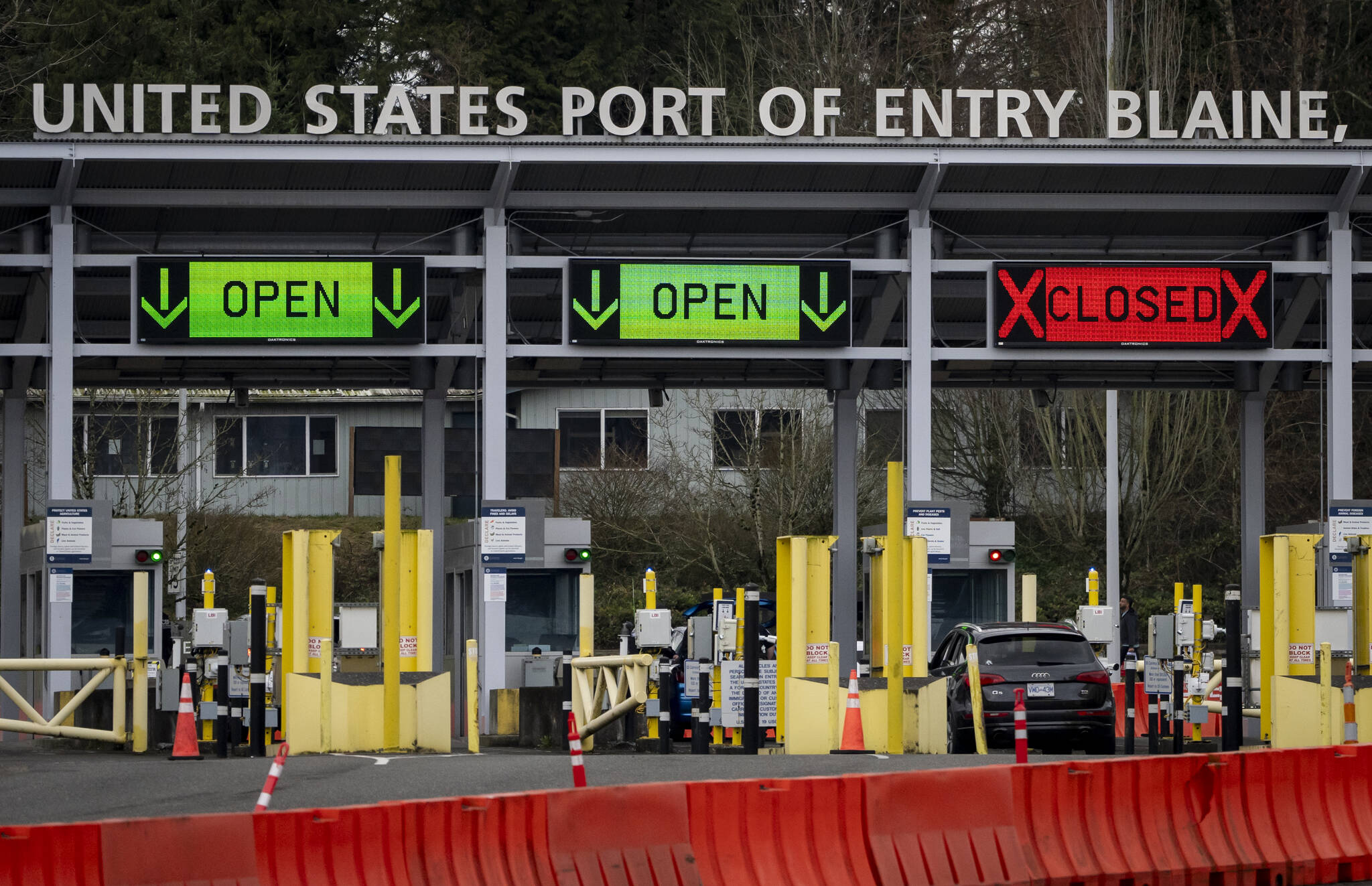Politics
Canadians Shift Travel Focus Amid Declining U.S. Appeal

Canadians are increasingly opting for domestic travel as attitudes towards the United States as a tourism destination continue to decline. A combination of political tensions, economic uncertainty, and border-related anxieties has contributed to a significant drop in Canadian visits to the U.S. This trend highlights a larger shift in travel preferences that could have lasting impacts on both countries.
According to recent data, Canada experienced its seventh consecutive month of declining travel to the U.S. As of July 2025, approximately three-quarters of Canadians view U.S. President Donald Trump as “dangerous,” leading to increasingly negative perceptions of the American travel sector. This sentiment is compounded by tensions surrounding remarks from Trump regarding the annexation of Greenland and the idea of making Canada the “51st state.” These comments have strained relations and deterred Canadians from crossing the border.
Travel-related anxieties have escalated, with many Canadians reconsidering plans for business, leisure, or school trips to the U.S. A report by Tourism Economics predicted a potential 20 percent drop in Canadian travelers to the U.S. this year. The U.S. Travel Association warned that even a 10 percent decline could translate to two million fewer visits, equating to a loss of approximately US$2.1 billion in spending. By the summer’s end, year-to-date Canadian visitation numbers to the U.S. had fallen by about 25 percent, confirming ongoing challenges for U.S.-inbound travel.
Border-related policies have also contributed to this trend. New measures, including detainment and requiring Canadians to register with Homeland Security for stays longer than 30 days, have raised concerns. Many Canadians, accustomed to a more welcoming cross-border experience, now perceive the U.S. as a “hostile state.”
The repercussions of this decline are evident in U.S. border cities that heavily depend on Canadian tourism. Cities like Buffalo, NY, have seen a stark reduction in Canadian visitors. Efforts to attract tourists with welcoming billboards and special incentives over the summer yielded limited success, according to Patrick Kaler, CEO of Visit Buffalo Niagara. The lack of Canadian patrons has led to significant financial losses, with one golf club in New York reporting a loss of US$400,000 in Canadian revenue.
While the U.S. tourism sector faces challenges, Canada is benefiting from a rise in domestic travel. In the first quarter of 2025, Canadians made a total of 77.4 million trips within their own country. Tourism is Canada’s second-largest service export, generating $31 billion last year, according to Destination Canada. This increase in domestic travel is a positive trend for local tourism organizations and businesses.
Despite this growth, Canadian tourism businesses face uncertainty stemming from American tariffs and policies. Many Indigenous entrepreneurs report difficulties navigating inflationary pressures and workforce shortages, which adds to the overall stress within the industry.
The downturn in U.S.-bound travel appears likely to continue as travel trends evolve. As World Tourism Day approaches on September 27, 2025, tourism professionals are encouraged to reflect on the sector’s challenges and opportunities. The day aims to promote awareness of tourism’s social, cultural, political, and economic significance.
In this context, Canadian travelers are increasingly choosing to explore their own country, fostering domestic tourism that may contribute to a greater sense of unity and community. As the landscape of travel continues to shift, both Canadian and U.S. tourism sectors must adapt to the changing preferences and sentiments of travelers.
-

 World3 months ago
World3 months agoScientists Unearth Ancient Antarctic Ice to Unlock Climate Secrets
-

 Entertainment3 months ago
Entertainment3 months agoTrump and McCormick to Announce $70 Billion Energy Investments
-

 Lifestyle3 months ago
Lifestyle3 months agoTransLink Launches Food Truck Program to Boost Revenue in Vancouver
-

 Science3 months ago
Science3 months agoFour Astronauts Return to Earth After International Space Station Mission
-

 Technology2 months ago
Technology2 months agoApple Notes Enhances Functionality with Markdown Support in macOS 26
-

 Top Stories2 weeks ago
Top Stories2 weeks agoUrgent Update: Fatal Crash on Highway 99 Claims Life of Pitt Meadows Man
-

 Sports3 months ago
Sports3 months agoSearch Underway for Missing Hunter Amid Hokkaido Bear Emergency
-

 Politics3 months ago
Politics3 months agoUkrainian Tennis Star Elina Svitolina Faces Death Threats Online
-

 Technology3 months ago
Technology3 months agoFrosthaven Launches Early Access on July 31, 2025
-

 Politics3 months ago
Politics3 months agoCarney Engages First Nations Leaders at Development Law Summit
-

 Entertainment3 months ago
Entertainment3 months agoCalgary Theatre Troupe Revives Magic at Winnipeg Fringe Festival
-

 Politics2 weeks ago
Politics2 weeks agoShutdown Reflects Democratic Struggles Amid Economic Concerns




















